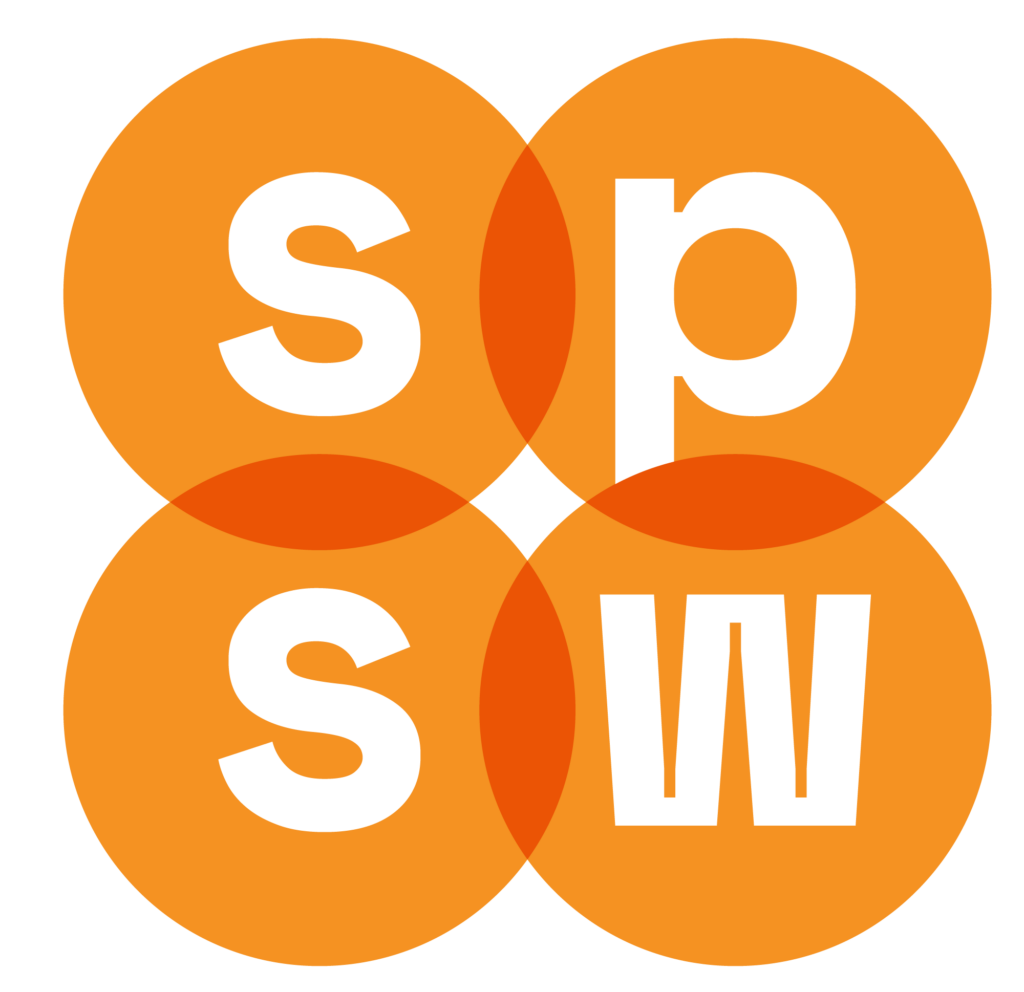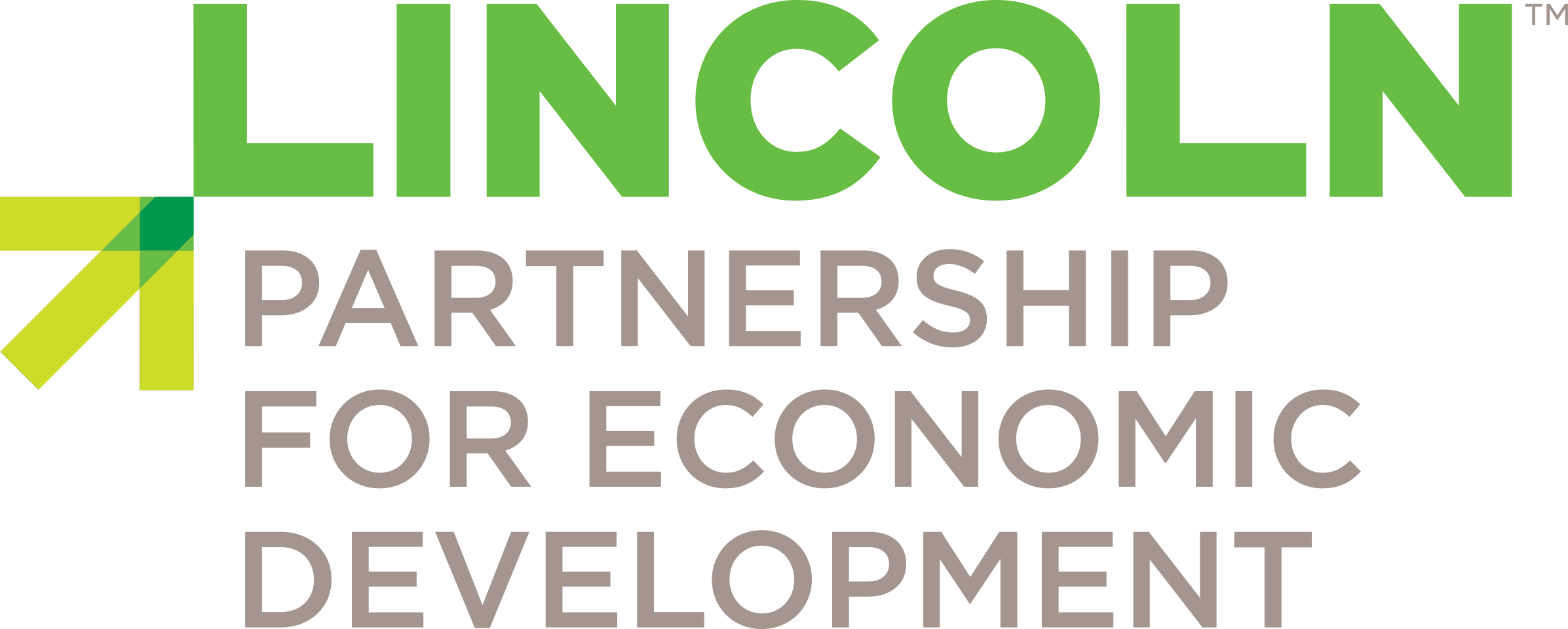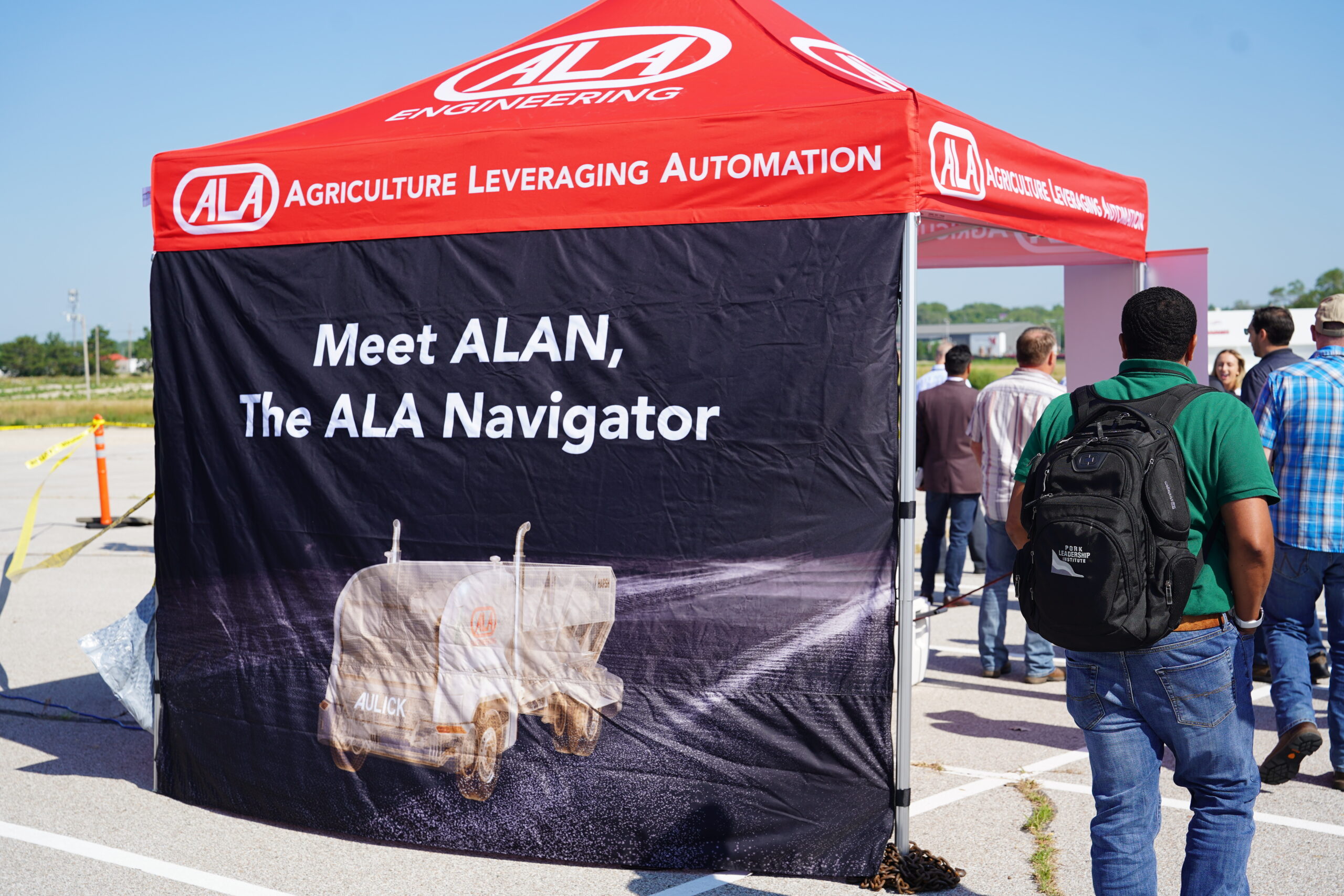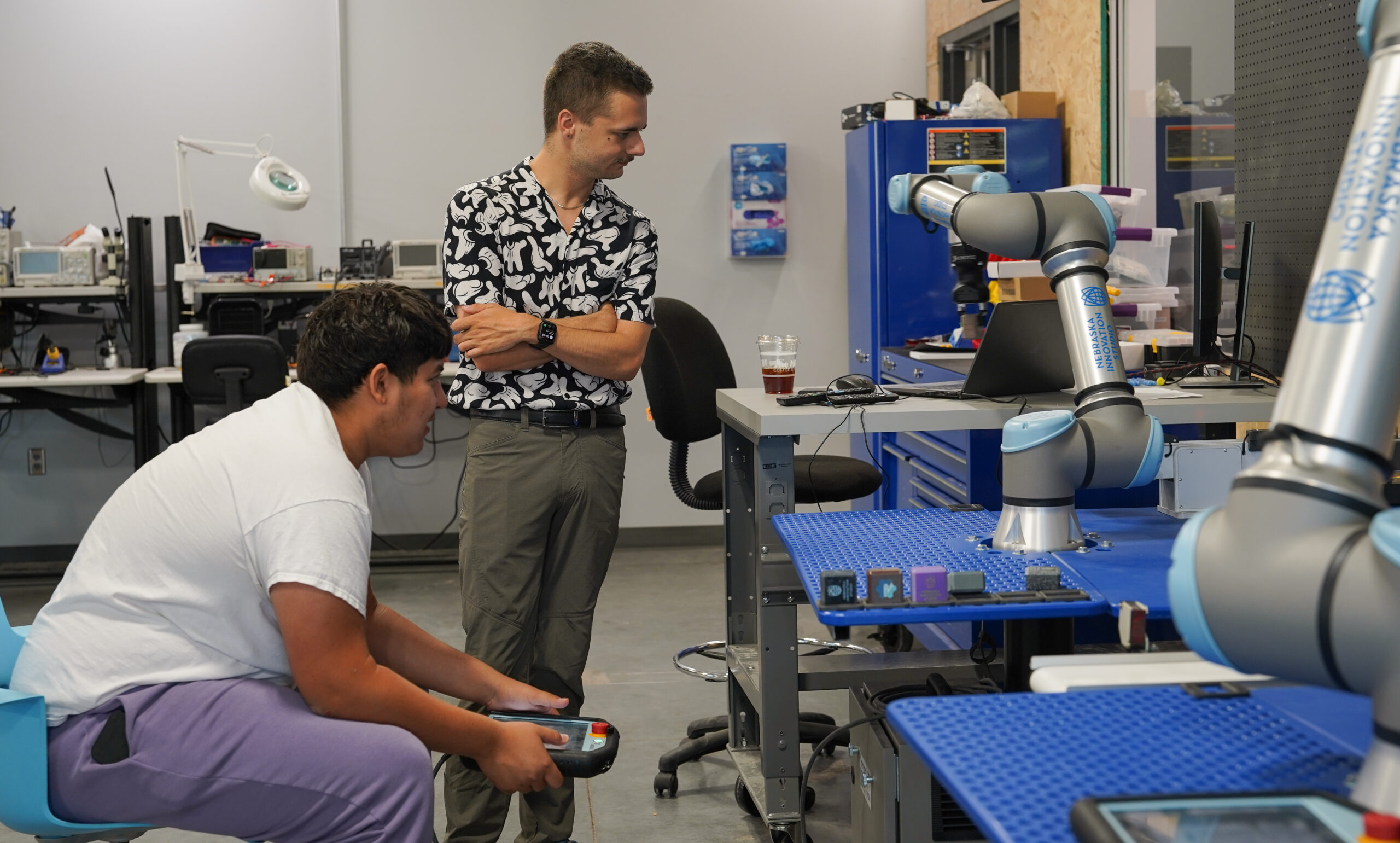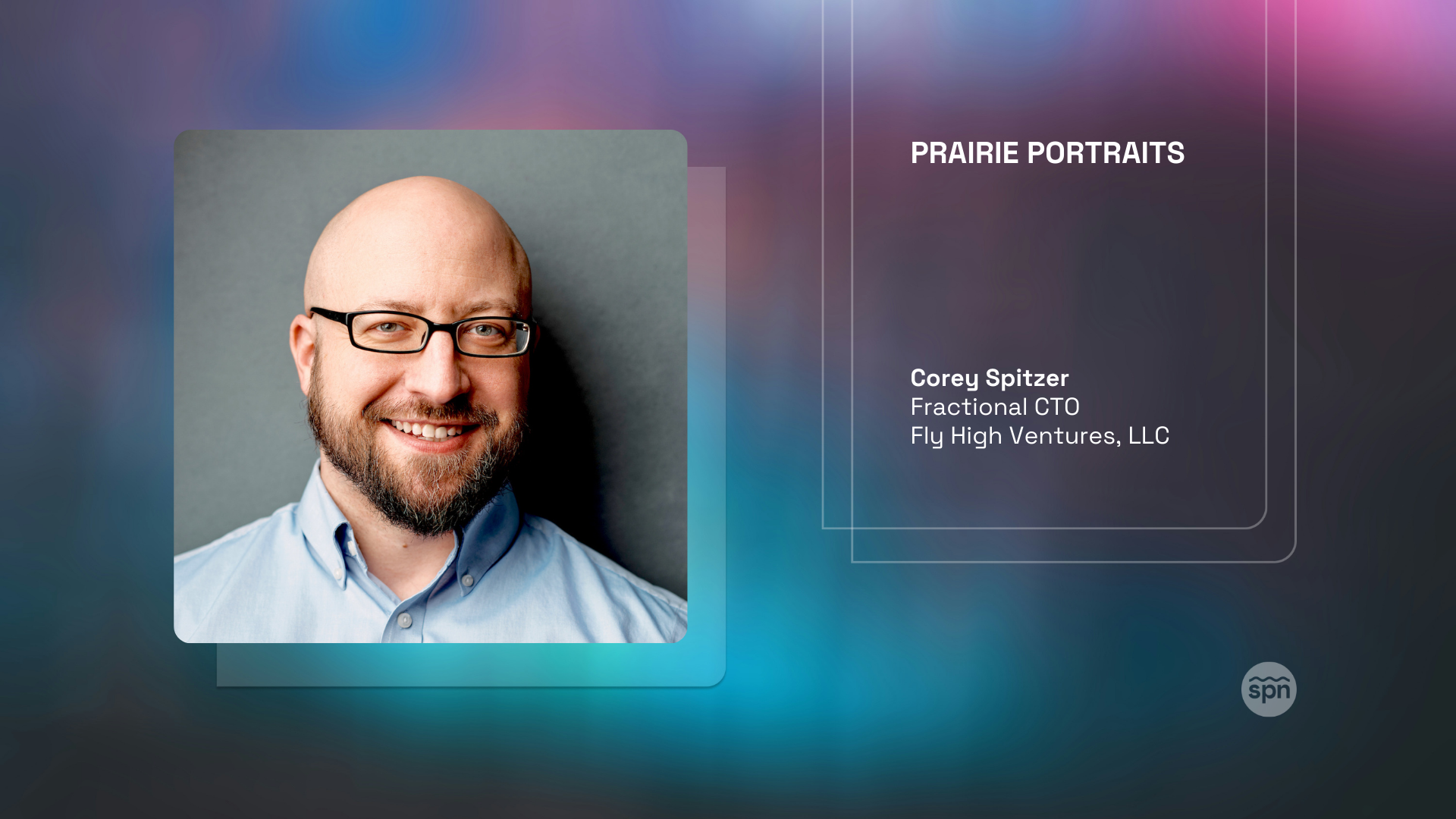 Sparking Innovation presented by Microsoft BizSpark
Sparking Innovation presented by Microsoft BizSpark
Thanks to a sponsorship from Microsoft BizSpark, we present Sparking Innovation, an occasional feature providing perspectives on tech startups and the communities they are part of from Chris Bernard, director and advisor for startups at Microsoft and a recent judge of the Gigabit Challenge. For more on BizSpark and Bernard, see the note that follows this post.

Kauza, the winner of the Gigabit Challenge’s Born Global Award.
There’s an old adage that the best way to describe a job you love is that you would do it for free. I’m fortunate enough in my role in Microsoft that I’ve been able to experience that opportunity by working and meeting with investors, entrepreneurs and startups from all walks of life and from all over the world. It’s afforded me the chance to develop a perspective – often one that is at odds with conventional wisdom about where the action is. This is an occasional series where I’ll share that perspective with Silicon Prairie News readers.
If we look at Missouri, Kansas, Iowa, Nebraska and the Dakotas there is something special occurring. There’s an active culture of entrepreneurship that is curated by Ewing Marion Kauffman Foundation. There’s a robust community of incubators and co-working spaces with the likes of Pipeline, Nebraska Global, Think Big Partners and Bizperc. Finally, there’s a robust local community and technology press with events like Big Omaha, Thinc Iowa and Silicon Prairie News.
But there are other communities and regional ecosystems that have similar ingredients but don’t share the same success as the Silicon Prairie. What’s missing? A willingness to cooperate and work together.
I may sound pithy if I call it Midwestern values but travel a bit and you realize it’s a real thing that is missing in other parts of the world. In Kansas City, for example, you have a committed local government that prioritizes entrepreneurship and the creation of a business friendly workplace as a strategic imperative. Finally, you have a community that is prepared when a bit of luck occurs – namely that Kansas City is going to be the first city in the United States to be on the Google Fiber Network.

The Gigabit Challenge finalists gather onstage at the start of presentation of awards.
That announcement inspired the local community to create the Gigabit Challenge, a business plan challenge focused on unique applications that can take advantage of this network. What happened next was interesting, within a matter of weeks more than a 100 applications were submitted from all over the world. On Wednesday, I got to judge the 19 finalists. But it wasn’t just regional folks that tuned in but venture capitalists and investors from Silicon Valley such as Silicon Valley Bank and others, coupled with over $250,000 in cash prizes and services worth over $200,000.
Some of the highlights were the diversity of finalists; individuals came from five continents on their own dime to compete. My favorite of these was Michael McKinzy, who was actually local to Kansas City. His idea, about how to create a “Chad-free” voting society was inspiring – not just for the idea but for the persistence and patience that Michael brought to finding a solution for the problem, it inspired a local news story on Fox.
Perhaps my favorite personal pitch was by Marc Canter. Marc probably, to those in the technology, startup and investment community, was the most famous individual of all the finalists. As a designer I owe my mortgage to him – he created the first set of tools that let me become an interaction designer. Though he was not one of the three winners, I suspect we haven’t seen the last of Marc – he’s a visionary and his interest in the Gigabit Challenge is a strong testament to the value of the event and the talent that it drew. I also thought his idea, Digital City Mechanics, strongly identified what the difference fiber could mean for a community that’s willing to invest in the services that can take advantage of it.
Michael and Marc are just a couple examples of the great ideas that were presented at the Gigabit Challenge and it made picking the winners all the more difficult. Every finalist brought unique ideas to the table but a few things made the winners stand out.
The People’s Choice Award winner was a company called Paruzia Technologies, in addition to giving the most polished and cohesive pitch at the event I think of all the winning teams that they presented the best solution that could take advantage of fiber in Kansas City for small businesses. Paruzia, which is based in Kansas City launched its business at the challenge and it was also unique in that it gives 5 percent of its revenue or 20 percent of its profit (whichever is greater) to an organization called Exodus Cry, which is an anti-trafficking organization.
A special $250,000 Born Global Award was given to Kauza, a Chicago company that is bringing the game mechanics of social, community and dating site to the employment market. This was another company that did a fantastic job with their pitch and connecting with the audience. I’m super eager to see what these guys do. I think they have some unique ideas and a fantastic team.
Finally, the Grand Prize winner was SEIN Analytics & Asset Management. While that name is a mouthful, no other company did as good a job of showing how the cloud and fiber could help business solve BIG DATA problems that were previously the providence of big data centers and deep pocketed customers. Their solution makes the complex business of analytics a service that is far easier for a wide variety of businesses to access.
All in all, the Gigabit Challenge was a fantastic inaugural event for the region. It brought startups, investors and entrepreneurs from all over the world to Kansas City to compete to create the next step of services that can take advantage of all that Kansas City has to offer.
 About the author: Chris Bernard is a ‘startup guy’ for Microsoft focusing on the North Central and South Central United States. Currently based in Chicago, Chris has Midwestern roots, growing up in Ames, Iowa and attending The University of Iowa. His background is as a designer and in addition to working with startups he is ‘chief experience evangelist’ for a 250-person team in Microsoft called Developer & Platform Evangelism, thinking, talking and teaching user experience and design. You can find him on @chrisbernard and at 21stCenturyStory.com.
About the author: Chris Bernard is a ‘startup guy’ for Microsoft focusing on the North Central and South Central United States. Currently based in Chicago, Chris has Midwestern roots, growing up in Ames, Iowa and attending The University of Iowa. His background is as a designer and in addition to working with startups he is ‘chief experience evangelist’ for a 250-person team in Microsoft called Developer & Platform Evangelism, thinking, talking and teaching user experience and design. You can find him on @chrisbernard and at 21stCenturyStory.com.
About BizSpark: BizSpark is Microsoft’s startup-specific program designed to get software and server products directly in the hands of people building technology companies. Joining the BizSpark program also gets you access to professional technical and business support as well as the option for visibility of your products into new markets; best of all it’s available for no fees
Image credits: Photos of Gigabit Challenge and Chris Bernard courtesy of Bernard.
